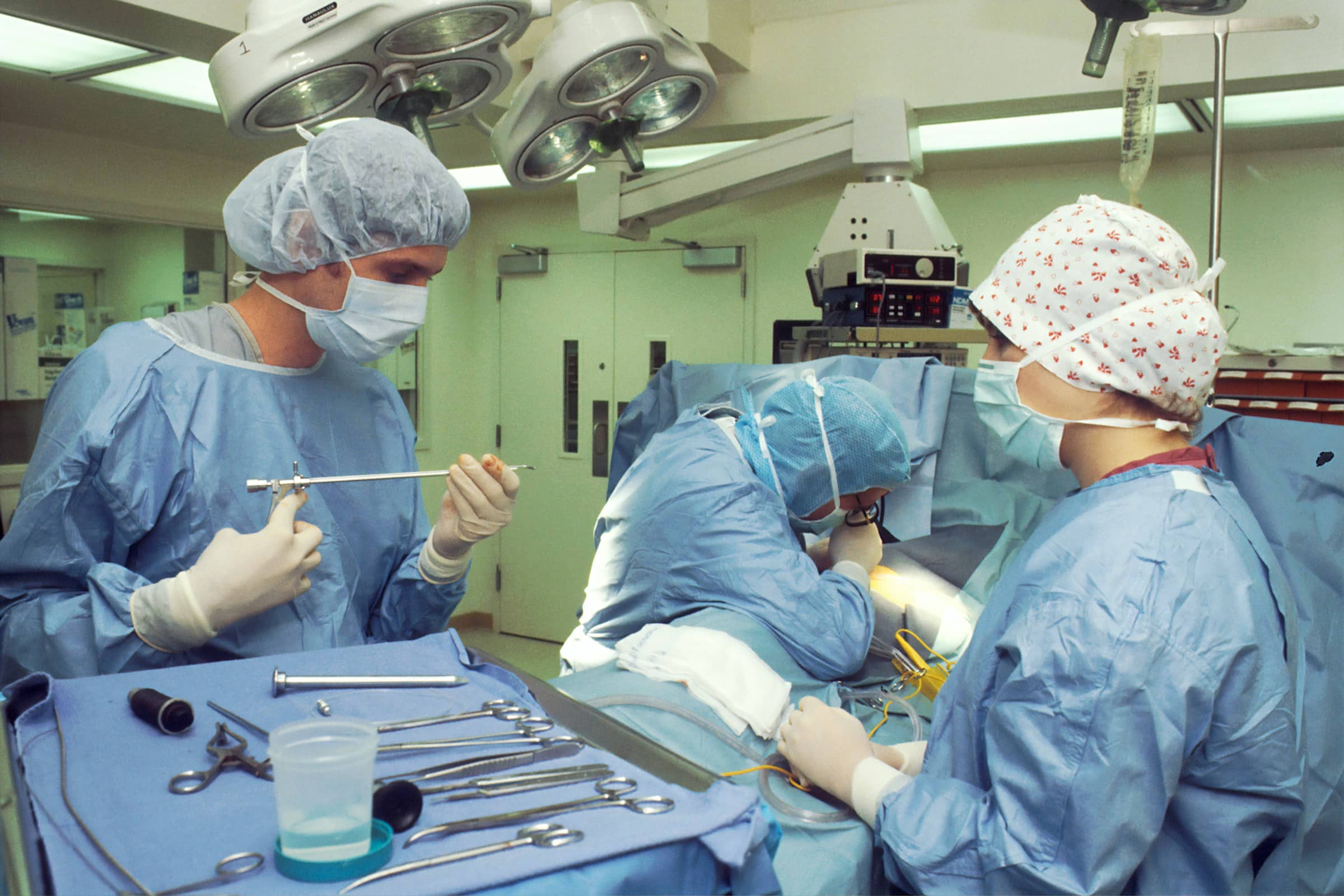What’s the Role of Augmented Reality in Enhancing Surgical Training in the UK?

In the age of technological advancements, the medical field is not left behind. One of the most trailblazing technologies that have emerged in recent years is Augmented Reality (AR). This disruptive technology has the potential to revolutionise surgical training, reshaping the way surgeons learn and perform procedures. This article highlights how augmented reality is influencing surgical training in the UK.
Augmented Reality in Medical Education
Augmented reality, a term that sounds like it’s straight out of a science fiction novel, is increasingly becoming a reality in the medical education sector. Augmenting the real world with computer-generated content, it allows surgeons to practice procedures in a risk-free, virtual environment.
En parallèle : What’s New in the Development of Antiviral Surfaces for Public Transport in the UK?
According to a study published on PubMed, the use of AR in surgical training has significantly increased over the past couple of years. This is due to its ability to bridge the gap between theory and practical skills, providing a hands-on, immersive learning experience that is not achievable by traditional methods.
AR applications in medical education offer the opportunity for trainees to learn at their own pace and receive instant feedback, enhancing their skills and confidence. From basic surgical skills to complex procedures, AR-based simulation allows for a broad spectrum of training.
Dans le meme genre : What Are the Mental Health Benefits of Urban Farming Communities in the UK?
Validity of AR-Based Surgical Training
The validity of AR-based surgical training has been a hot topic of discussion among the medical community. However, several studies have underscored its efficacy and relevance, making it an integral part of surgical education today.
In a study with the DOI: 10.1097/ACM.0000000000000563, researchers analysed the effectiveness of virtual reality-based surgical training. The results indicated that trainees who utilised AR had a higher skill retention rate. The study concluded that there was a statistically significant improvement in the performance of surgeons who underwent AR training, demonstrating the validity of this training method.
Moreover, AR can significantly reduce the time taken to perform specific procedures. Training with a simulator allows trainees to practice as many times as necessary without the pressures of a real operating room. This repetition and practice can lead to more efficient surgeries, ultimately benefiting patients.
Augmented Reality vs. Traditional Surgical Training
Traditional surgical training has long been the foundation of educating the world’s future surgeons. However, the integration of AR into surgical training is challenging the status quo.
A PubMed-based study compared traditional surgical training methods with AR-based simulation. The researchers found that AR training was superior in terms of learner engagement and performance assessment. This finding is not surprising considering the high level of interactivity and real-time feedback provided by AR, aspects that traditional training methods struggle to offer.
AR in Surgery: A Step Towards the Future
Modern surgical procedures are increasingly complex, requiring a high level of precision and expertise. AR plays a crucial role in addressing this issue, providing surgeons with real-time, three-dimensional visualisations of the surgical field.
With AR, surgeons can superimpose digital images onto the patient’s body, offering a detailed view of the anatomy and pathology. This capability enhances surgical planning and execution, potentially decreasing the risk of complications.
A study published with the DOI: 10.1016/j.jvs.2016.05.083 showed that vascular surgeons who used AR during endovascular procedures found the technology to be helpful in understanding complex anatomy and improving surgical outcomes.
The Future of AR in Surgical Training
The role of AR in surgical training is continually evolving. In the coming years, we can expect to see further integration of this technology into medical curricula, possibly making it a staple in surgical education.
Current research efforts are focused on improving the realism and haptic feedback of AR simulators, which will make the virtual training experience even more immersive and beneficial for surgeons.
In the end, the goal is to provide the best possible training for future surgeons and, ultimately, enhance patient care. It’s an exciting time to be involved in the medical field, as we are on the cusp of a major shift in the way surgeons are trained and how surgeries are conducted.
Integrating AR into UK’s Medical Curriculum
Integrating augmented reality into the UK’s medical curriculum is no easy feat. However, the benefits it brings to surgical training validate its inclusion and general acceptability.
Medical students understand and retain information better when theoretical concepts are related to practical examples. AR manages this balance perfectly by facilitating simulated surgeries that closely mimic real-life situations. In a randomized controlled trial cited on Google Scholar, medical students who used AR in training were found to handle complex surgical procedures more efficiently than their counterparts who relied solely on traditional learning methods.
AR also provides medical students with the ability to control the pace of their learning. This flexibility fosters greater self-confidence, as students can repeat, pause, fast forward or slow down procedures until they understand every step. AR simulations also provide instant response processes that allow immediate correction of errors and continuous improvement.
The internal structure of medical training in the UK is progressively accommodating AR. This transformation is attributed to the numerous advantages AR brings to the table, such as the ability to simulate a patient’s internal body structure. Medical students get a unique opportunity to familiarize themselves with human anatomy without the need for actual dissection.
Finally, AR offers a superior learning curve compared to traditional surgical training methods. A systematic review of various studies conducted on AR’s role in surgical training found that students who use AR have a steeper learning curve.
Conclusion: AR – Transforming the Landscape of Surgical Training
With the rise of technological advancements such as augmented reality in medicine, surgical training in the UK is undergoing a significant transformation. The benefits offered by AR, such as the ability to practice in a risk-free, virtual environment, are driving its acceptance across the medical education sector.
The construct validity of AR as a tool for surgical training has found widespread acceptance among the medical community. The positive impact it has on the learning curve, response processes, and relations variables of medical students are irrefutable.
While traditional surgical training has its merits, the integration of AR presents an innovative and more engaging approach to surgical education. Augmented reality offers students a highly interactive learning experience, making surgical procedures more understandable and practical.
In conclusion, the future of surgical training in the UK is leaning towards augmented reality. As this technology continues to evolve and improve, it is poised to revolutionise the way medical students are trained and surgeries conducted. The ultimate beneficiaries of this shift will be the patients, who will receive better care from well-trained and confident surgeons. Undoubtedly, augmented reality is playing a pivotal role in enhancing surgical training in the UK.
